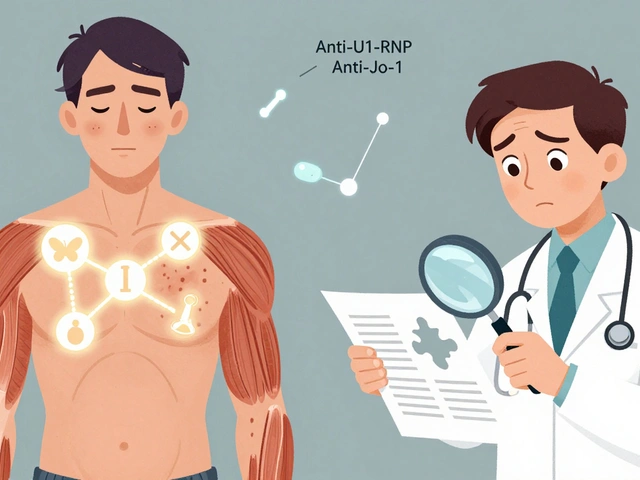Beta-Blockers: How They Help Your Heart
Ever heard of beta-blockers and wondered what they're really for? These medications play a big role in managing heart conditions like high blood pressure, irregular heartbeats, and even chest pain. They work by blocking certain hormones that affect your heart, helping it to beat slower and with less force. This means less strain on your heart and lower blood pressure. If you’ve been prescribed one, understanding how they work can make a big difference in managing your health.
Beta-blockers come in many forms, each suited to specific needs. Some, like metoprolol or atenolol, are common choices for high blood pressure. Others help control heart rhythm problems or protect the heart after a heart attack. Doctors decide based on your health situation which beta-blocker fits best.
Who Should Take Beta-Blockers?
If you have high blood pressure that’s tough to control, or suffer from arrhythmia—a kind of irregular heartbeat—your doctor might suggest beta-blockers. They can also be a go-to if you've had a heart attack or suffer from angina, which is chest pain caused by reduced blood flow to the heart. But they’re not for everyone. People with asthma, certain lung problems, or very slow heart rates might need to avoid them. Always check with your doctor about your unique health needs.
Tips for Using Beta-Blockers Safely
Starting beta-blockers? Here’s what to keep in mind: take them exactly as your doctor says. Don’t stop suddenly—this can actually make your heart problems worse. If you experience dizziness, tiredness, or cold hands and feet, it’s often due to how these meds slow your heart down, but check in with your healthcare provider if these symptoms bother you. Also, beta-blockers can mask symptoms of low blood sugar if you have diabetes, so extra caution is needed. Always talk openly with your doctor about any other meds you’re taking to avoid unwanted interactions.
Managing your heart's health isn’t just about medication, though. Lifestyle matters too—think healthy eating, regular exercise, and reducing stress. When combined with beta-blockers, these habits help you keep your heart strong and steady.
Want to learn more about specific beta-blockers or find related health tips? Browse our articles below and get the info you need to feel confident about your treatment choices.

Exercise Modifications for Fatigue on Beta-Blockers and Other Drugs
Learn how to exercise safely and effectively while taking beta-blockers. Discover practical modifications like the talk test, Borg RPE scale, and adjusted workout routines to manage fatigue without giving up fitness.
View More
Non-Beta-Blocker Blood Pressure Medications: Choosing Between ARBs, CCBs, and Diuretics for Hypertension
Confused about blood pressure treatments that aren't beta-blockers? This article breaks down when and why doctors might recommend ARBs, CCBs, or diuretics instead, and who makes a good candidate for each. You'll get clear guidance, smart tips, and some eye-openers on how to talk to your doctor about the right path for you. Easy to read and filled with practical facts, this guide helps you navigate your options without getting lost in medical jargon. Find out how real choices look for real people living with hypertension.
View More




